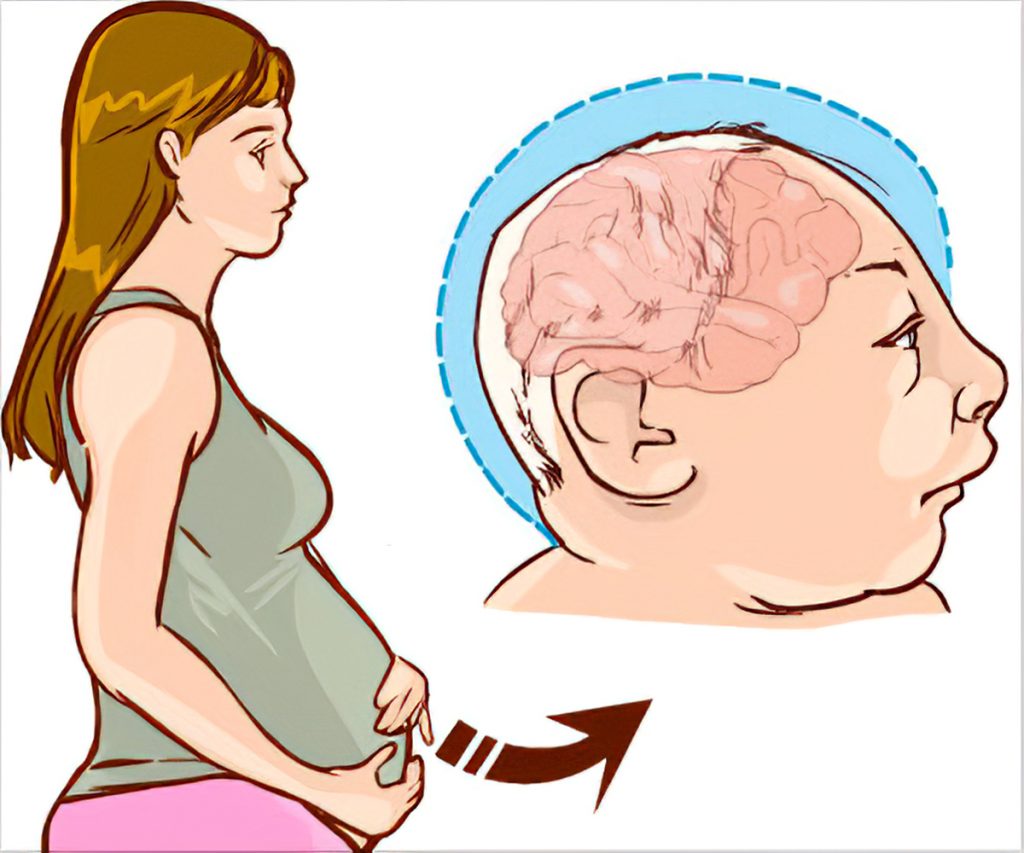What You Should Know About Birth Defects, Causes And Prevention

The joy of becoming a new mother can quickly be ruined by ignorance and nonchalance, among other things. Seeing your child for the first time right after the blinding pain of labor is easily one of the most treasured moments in a woman’s life. But this special moment can go from joyful to horrific in a matter of seconds.
After months of sleepless nights and unending days of watching your body change completely and going around looking like a whale, we all pray that the self-sacrifice of bringing another life into the world will be worth it in the end. Nothing can prepare you for the horror of having a deformed child.
While some pregnancies are thoughtfully planned, most of them are not. Some women never go through the weeks and months of anticipation and all the anxious visits to the doctor. But no matter how well-planned pregnancy is, without the right information and right guidance, you may very well be in the same boat as unplanned pregnancies.
Birth Defects Are Common
Congenital disabilities are common but serious conditions that change the structure of one or more parts of a child’s body. They can affect any part of the body, e.g., heart, brain, foot, etc. They may affect how the body looks or works, sometimes both. Depending on how severe the defect is and what body parts are affected, congenital disabilities may not affect how long the child will live, but they will dictate how they live.
While some congenital disabilities may be identified during pregnancy, some defects may go unnoticed until after the child’s birth. Sadly, not all defects can be prevented. In fact, the causes of most congenital disabilities are still unknown. Most congenital disabilities are caused by the genes of the parents, environmental conditions, and our behaviors.
Causes of Birth Defects
Some of the risk factors that can increase the chances of having a baby with defects include:
- Having a relative with a congenital disability.
- Drinking alcohol, smoking cigarettes, or taking specific drugs during pregnancy.
- Taking particular medications, such as isotretinoin (a drug that deals with severe acne).
- Having specific medical conditions, such as being overweight or having uncontrolled diabetes before and during pregnancy.
- Being an older mom, usually over the age of 34 years.
Prevention
Nevertheless, you can increase your possibilities of having a healthy child by:
- Avoid alcohol, smoke, and drugs
- Please speak to your healthcare provider about taking any medications, whether organic teas or dietary supplements.
- Get medical conditions like diabetes and obesity under control before attempting to get pregnant.
- Star on folic acid 1-2 months before getting pregnant. Folic acid, likewise called folate, is a vitamin B.
It plays an important role in the production of red blood cells and helps grow your child’s brain and spinal cord. It is advised to have folic acid in your system during the first three months of pregnancy, as this is when the child’s brain and spinal cord are developing.
Trending Health Topics
- ADHD
- Allergies
- Arthritis
- Bipolar Disorder
- Bunions
- Car Accidents
- Chron's Disease
- Common Cold
- COPD
- Depression
- Dry Skin
- Dry throat
- Eczema
- Fungal Infection
- GERD
- HIV/AIDS
- Hypertension
- Irritable Bowel Syndrome (IBS)
- Multiple Sclerosis
- Osteoarthritis
- Psoriasis
- Rheumatoid Arthritis
- Skin Disorders
- strep throat
- Type 2 Diabetes
- Uncategorized